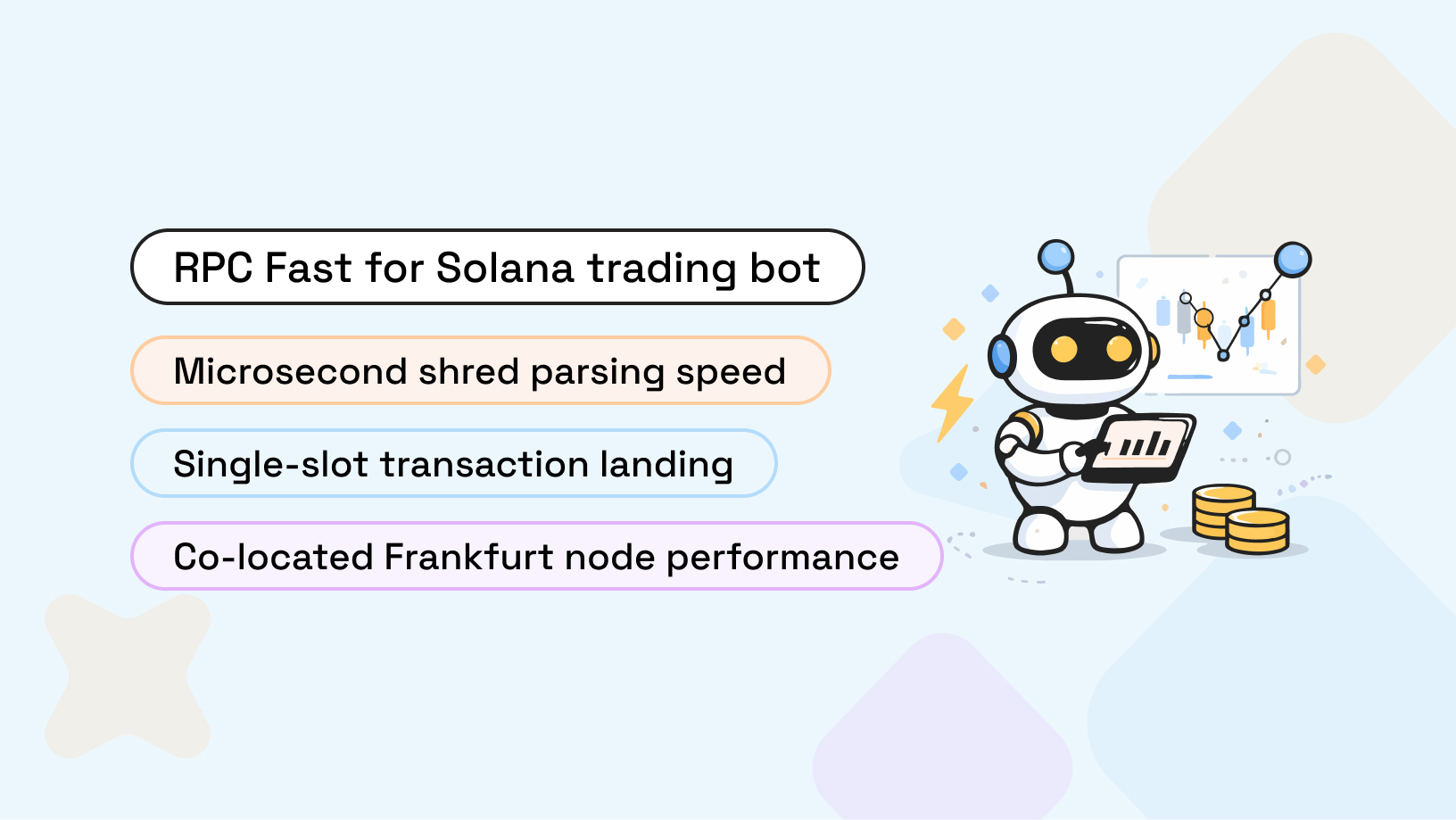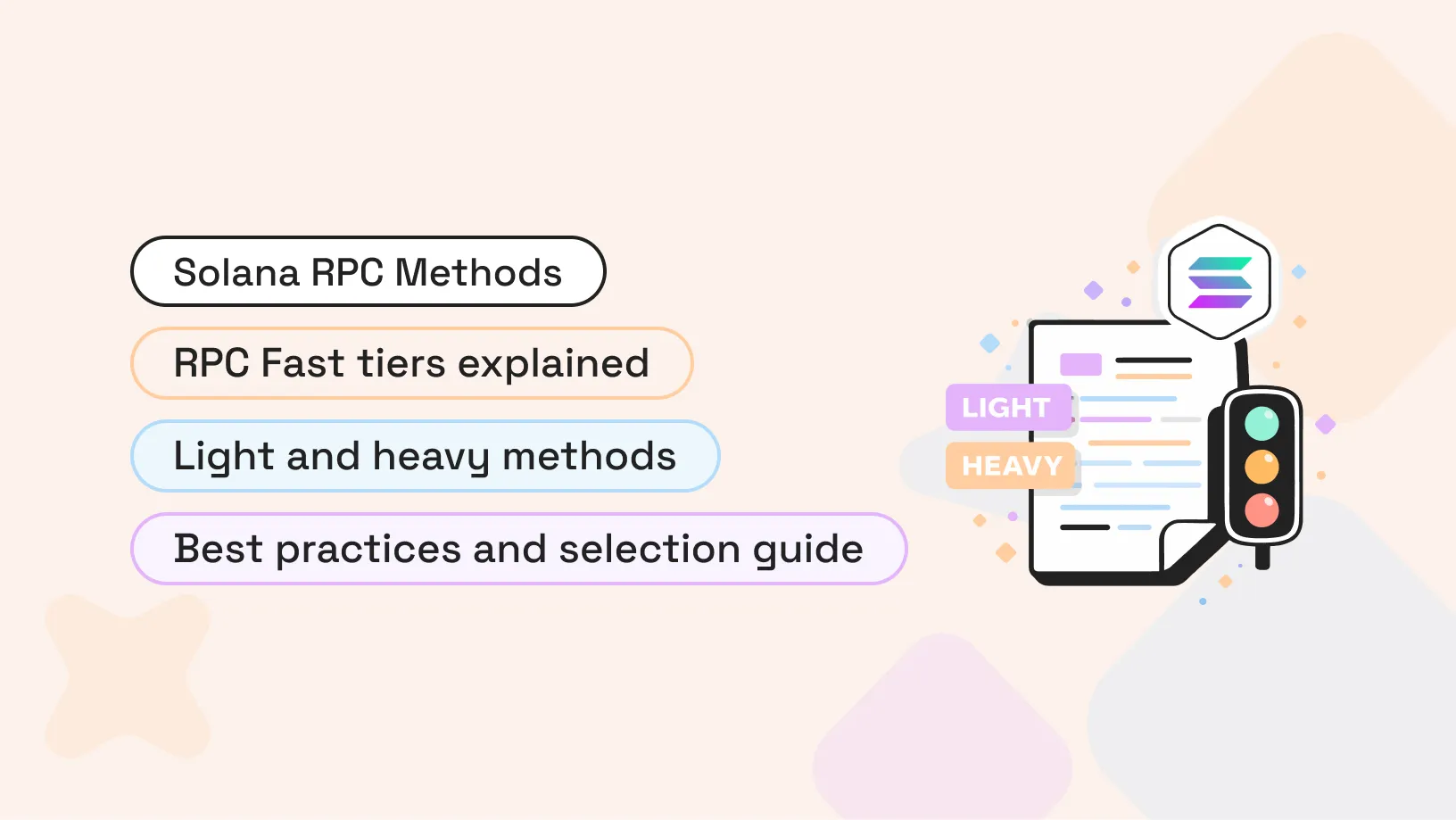.avif)
Infrastructure hosting costs are always hungry for a budget and not always controllable. Moreover, the prices for the development and deployment of node infrastructure are highly dependent on the type and architecture of the project itself and require a separate budget. Unexpected traffic trends and latency spikes can add even more pepper to this dish.
Read the following article comparing different approaches in hosting blockchain infrastructure for Web3 projects—Blockchain as a Service providers, dedicated nodes, and node clusters. We’ll see how the price and feature set relate and how to make the right decision for your project.
How much does a blockchain server cost? Maybe you don’t need one!
Let’s start from the basics of what’s hidden over the price regarding blockchain infrastructure. It’s not only blockchain server cost, obviously, so we should take into account the following points:
- Initial setup costs
- Operational expenses
- Scalability costs
- Maintenance and upgrade expenses
- Security and compliance costs
- Hidden and extra payments
So when we get back to our three options, we’ll get the following comparison of cost structure:
These are unavoidable costs for any Web3 project. And you can see that the sum you’ll pay changes dramatically depending on the choice. But it’s not enough to select a cheaper variant here, so we’ll discover other features to find the infrastructure setup option that fits your case.
Features you get for the blockchain cost you pay
There are no cheap options for blockchain cost. But the packs of services, skills, and specialists you may need to maintain this or that type of infrastructure, and the list of inherited processes varies greatly.
TL;DR on features
- SaaS-provided nodes: Best for ease of use, fast deployment, and cost-effectiveness for smaller projects or those requiring quick scalability. However, consider potential limitations in customization and data control.
- Dedicated nodes: Ideal for high performance, security, and control for mission-critical applications or projects with specific data sovereignty needs. Be aware of the high upfront cost and ongoing maintenance burden.
- Node clusters: Perfect for large-scale, highly scalable deployments requiring fault tolerance and customized performance. This option demands significant expertise and potentially higher operational costs.
“Best of all worlds” option for blockchain infrastructure
Other existing approaches for infrastructure for Web3 projects include containerized solutions, managed node services, and other custom infrastructures. Dysnix has also worked on this dilemma and has concluded that self-hosted blockchain nodes are the unique solution that may fit everyone. Thus, RPC Fast appeared.
We say it for the following reasons:
- Costs for self-hosted clusters and nodes are balanced with their 5x cost reduction on the operational side. You pay once, and it serves you the rest of the time, lowering infrastructure bills.
- The performance of this option is extra-fast thanks to our configuration of endpoints and nodes with an automated self-care routine (no pruned nodes in a production environment). 99.9% availability is always a guarantee.
- A self-hosted solution means maximum security for the project.
To forge the iron while it’s hot, we leave you a hint about the cost of this solution below.
.avif)
Main takeaways about blockchain infrastructure costs
- Blockchain infrastructure costs depend on the type of infrastructure you select; the wrong choice will bring even more expenses.
- SaaS-based nodes are limited within the provider's capabilities and can be cost-inefficient for projects with high customization, many API connections, and high traffic activity.
- Dedicated nodes are expensive, yet they are the first step to complete freedom. And with freedom, you get a pack of blockchain responsibilities handled by providers in the BaaS version. The price for all these treasures varies from medium to high.
- The node clusters option is the spaceship you build for your project. It costs everything for everything to obtain. But not every project needs this scale of customization and functionality.
We’ve made you a short cheat sheet based on these simple conclusions:
%25201-min.avif)
Remember the option of self-hosted nodes we’ve mentioned, and choose wisely!




















.svg)
.svg)
.svg)

